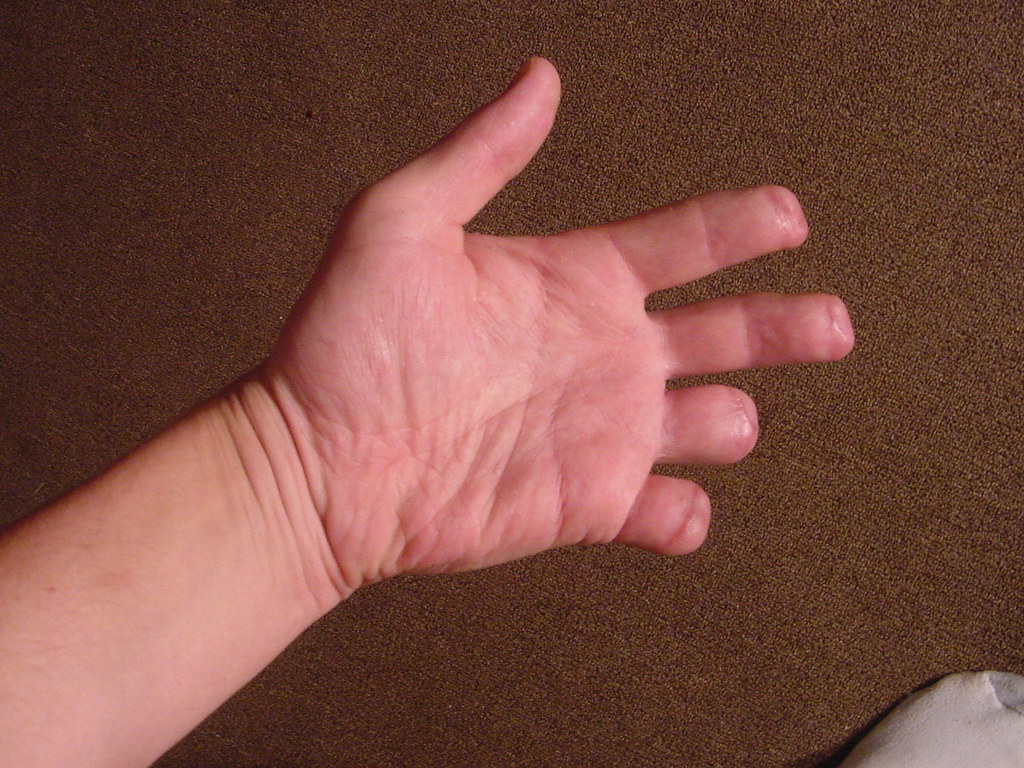Amputations manifest into loss of functions. The human body is tuned in such a way that all the components are bound to work in a nearly flawless manner. Loss of an organ disturbs the harmony and paves the path for several physical and psychological inconveniences.
These disorders however are not easy to treat. Nothing can replace the loss of a limb. Today, the most accessible way of helping amputees is perhaps only prosthetics. Undoubtedly a prosthesis does not replace a limb but can surely give back some of the lost abilities. Mostly essential abilities, like grabbing holding or presenting essential gestures. After the advent of bionics, prosthetics changed for the better and a bionic prosthesis of our time offers a lot in terms of abilities and promises. And the availability of these wonderful machines refuses to leave any room for excuses or not to avail it. Not everyone can wield a bionic prosthesis. But those who can are undoubtedly blessed. This article will discuss the complications, noticed to come in existence after an amputation is performed and how prosthetics can help a few to overcome the ordeal.
Navigating through the physical and emotional aspects of amputations involves acknowledging the strength required to adapt to a new normal. It’s not just about the loss of a limb; it’s about the journey of resilience, rehabilitation, and the triumph of the human spirit. As we explore the complexities of amputations, we uncover stories of perseverance, advancements in prosthetics, and the unwavering determination of individuals who redefine their lives, proving that true strength often emerges in the face of adversity.
The complications we are about to discuss can be classified into two large categories, Physical and psychological. The physical inconvenience by nature is directly related to the loss of function. But, the psychological ones are not always independent and most of the time affect each other in a complicated manner. Hence, pharmacological assistance can’t always be availed during or prior to the rehabilitation.
Physical complications
Loss of body balance
Body balance is maintained by a cascade of feedback loops and reflex arcs. Loss of one of the components severely damages the process of maintaining body balance. This loss is accompanied by multiple neurological complications which might also share a psychological root. Body balance is essential for standing up and the habituated human being who loses the ability to maintain a standing posture is indeed a true sufferer. A prosthesis in this case gives back the feeling of existence to the nervous system. And with thorough conditioning and training, an amputee can wield a prosthesis and regain the lost balance slowly.
Loss of independent mobility.
Amputees who have been through a loss of a limb can often lose the ability of independent mobility. Human or machine assistance is often required for achieving mobility in day-to-day life. A modern or lower limb can give back some of the lost freedom of mobility by granting back the ability of willful movement. Armed with bionic technologies a modern prosthesis can indeed help in rendering an amputee independent in terms of mobility.
Psychological complications
Psychological complications are often a side product of physical inabilities. And are seen to exist as an overlapping set of symptoms.
Read more: Drug Rehabilitation (the right choice to stop taking drugs
Frustration
Frustration is a unique kind of anxiety caused directly by the unfulfillment of expectations. In the cases of amputees, the expectations center around the lost functions and the organ necessary for performing them. The human brain immediately refuses to acknowledge the loss and expects to receive the rewards and punishments associated with a particular function and the absence of these cues helps to build up a steady stream of frustration.
An artificial bionic limb can give back some important aspects of a function or the function as a whole by means of prosthesis mediated rehabilitation. By translating electromyographic signals a bionic prosthesis can give back many of the essential abilities to an amputee depending on the hardware on offer.
Loss of confidence and motivation in life
Loss of an arm for a painter can change the way of life. The ability to perform and create art defines an artist and for a painter, this identity is established by hands. An artificial hand and motivation for coming back to life can however help in this case. It might not give back the efficiency of a human hand, but a lot of abilities can be grated back, which with training can partially alleviate the aftereffect of tragedy. Modern bionic prostheses can perform a lot of actions mostly enough to empower the wielder to regain the motivation of leading a life full of usual activities. But there is much room for improvement as well. With time, it is expected that bionics will reach new heights of precision and accuracy. The partial rehabilitation of today will undoubtedly evolve into something massively helpful.
Apart from this, if you are interested to know more about Case of a Truck Accident then visit our Health category.


